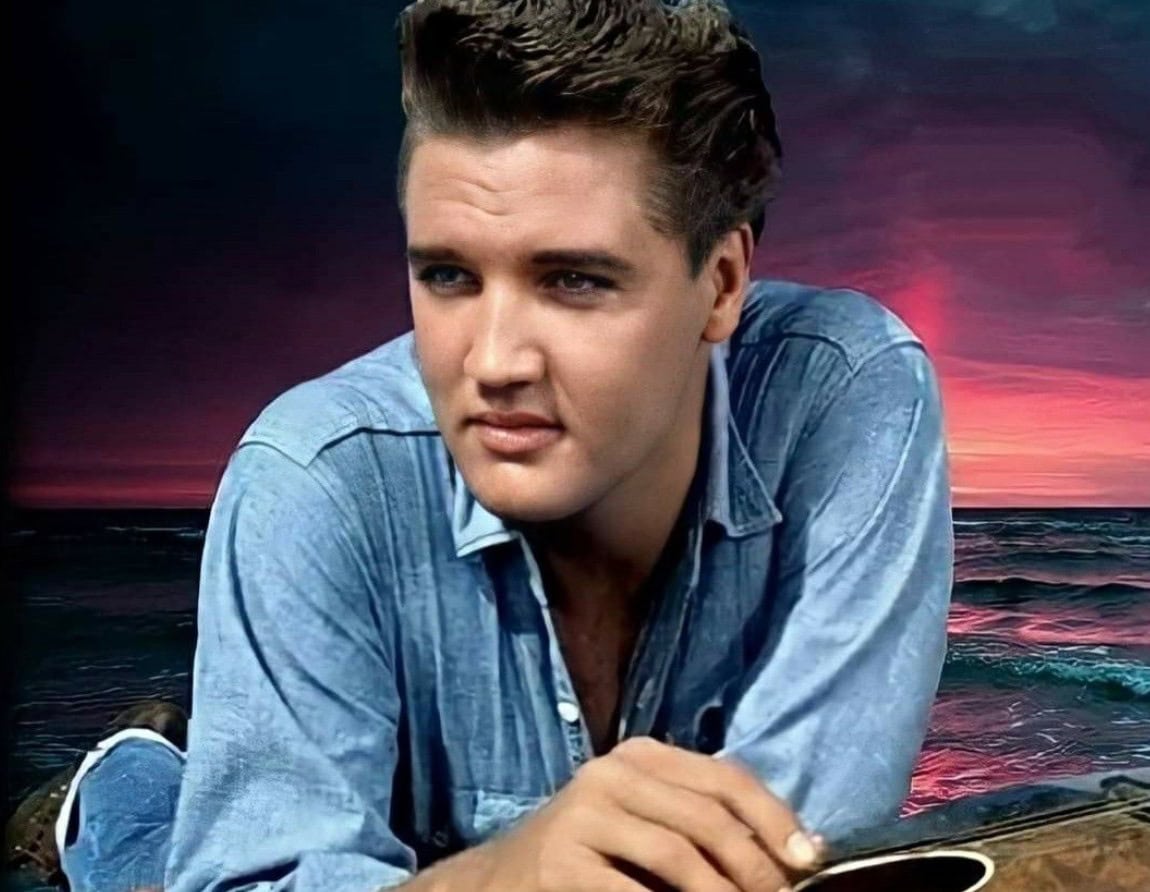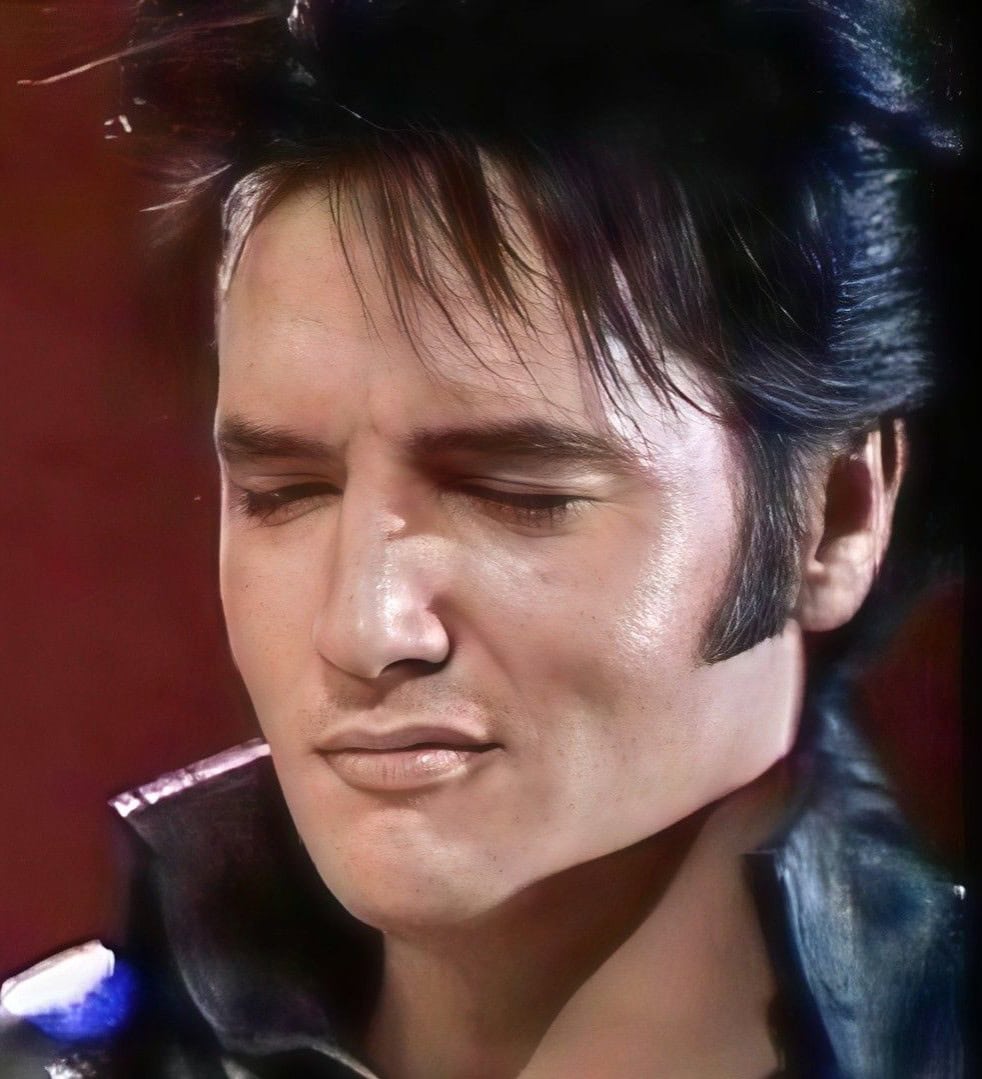
About the song
Most people think of Elvis Presley as the dazzling performer—the swiveling hips, the glittering jumpsuits, the booming anthems that filled arenas and defined an era. But every now and then, there comes a moment that strips away the spectacle and leaves only the man. One such moment exists in a little-known recording: Elvis’s version of “Tomorrow Is a Long Time.” At just five minutes long, it is not a showstopper in the traditional sense. Instead, it is a gentle confession, a rare glimpse into the quiet corners of Elvis’s soul.
What makes this performance remarkable is its raw honesty. There are no dramatic high notes, no crowd-thrilling gestures. Instead, Elvis leans into the song’s vulnerability, delivering each phrase with a kind of aching tenderness that feels almost private—like he is singing not to the world, but to himself. The effect is disarming. For an artist so often surrounded by spectacle, this subdued moment feels like the truest stage of all.
Even Bob Dylan, the songwriter, was deeply moved. He later admitted that Elvis’s interpretation left him speechless, calling it his most treasured cover of any of his songs. Coming from Dylan, whose work has been covered by countless artists, this praise is no small thing. It underscores just how powerfully Elvis managed to inhabit the song, turning it into something both personal and timeless.
For listeners today, “Tomorrow Is a Long Time” serves as a reminder that Elvis Presley was more than the King of Rock and Roll—he was also a man of immense depth and sensitivity. This recording is not simply music; it is a quiet conversation across time, a whisper from Elvis’s heart that still lingers, still resonates, and still proves that behind the legend lived a profoundly human so
